Search
Search Results
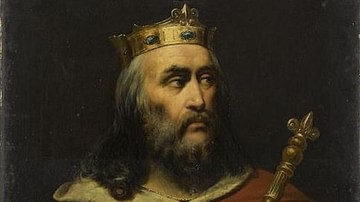
Definition
Chlothar II
Chlothar II was a Merovingian king of the Franks, who reigned from 584 to 629. He inherited the throne of Neustria as an infant, upon the assassination of his father, Chilperic I (r. 561-584). Following a long and bitter power struggle with...
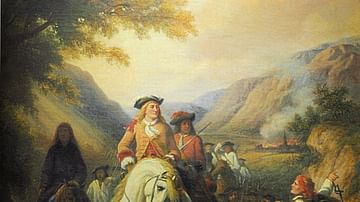
Article
The War of the Camisards in the Cévennes
The War of the Camisards (1702-1705) was launched by Protestant Huguenots in the Cévennes region of southern France. After the Revocation of the Edict of Nantes in 1685 by Louis XIV of France (r. 1643-1715), Huguenots worshipped illegally...
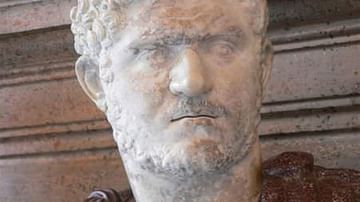
Definition
Caracalla
Caracalla was Roman emperor from 211 to 217 CE. Born Lucius Septimius Bassianus, son of Septimius Severus and Julia Domna, he became co-ruler with his father in 198 CE and sole ruler after the death of his father in 211 CE and of his brother...
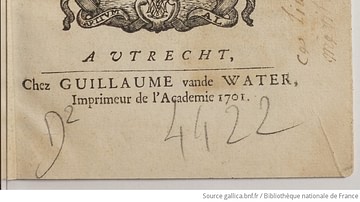
Definition
Claude Brousson
Claude Brousson (l. 1647-1698) was a prolific writer and famous preacher after the revocation of the Edict of Nantes in 1685 when Protestantism was outlawed in France. He self-exiled to Lausanne and Holland and returned to France to preach...

Definition
Leonardo da Vinci
Leonardo da Vinci (1452-1519) was an Italian Renaissance artist, architect, engineer, and scientist. He is renowned for his ability to observe and capture nature, scientific phenomena, and human emotions in all media. Leonardo’s innovative...
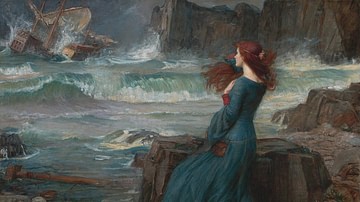
Definition
The Tempest - Shakespeare's Magical Tragicomedy
The Tempest is a play by William Shakespeare (c. 1564-1616), written in 1610 or 1611, and first performed for the court of James I of England (r. 1603-1625) on 2 November 1611. Believed to be the last play that Shakespeare wrote on his own...
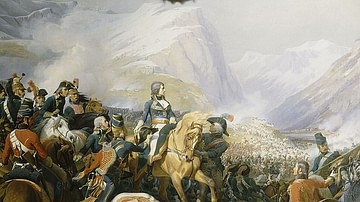
Definition
Napoleon's Italian Campaign
The Italian campaign of 1796-1797, waged by a young Napoleon Bonaparte, was a decisive campaign in the French Revolutionary Wars (1792-1802). It led to the defeat of Austria, the beginning of French control of northern Italy, and the end...
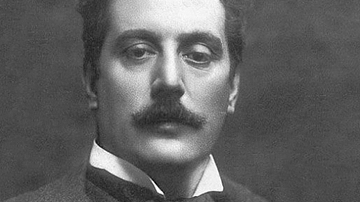
Definition
Giacomo Puccini
Giacomo Puccini (1858-1924) was an Italian composer best known for his operas La Bohème, Tosca, Madama Butterfly, and Turandot. Puccini drew inspiration from a wide range of literary sources, and his late Romantic music with its immortal...
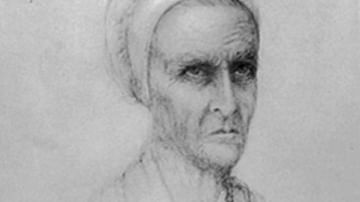
Definition
Marie Durand
Marie Durand (c. 1715-1776) stands apart in French Protestant history for her courage in the struggle for freedom of conscience. She was imprisoned for 38 years in the Tower of Constance at Aigues-Mortes in the south of France, liberated...

Article
The Monastic Movement: Origins & Purposes
In 313 CE, Constantine the Great (272 – 337 CE) ended the sporadic-yet-terrifying Christian persecutions under the Roman Empire with his “Edict of Milan,” and brought the Christian church under imperial protection. Not surprisingly, public...